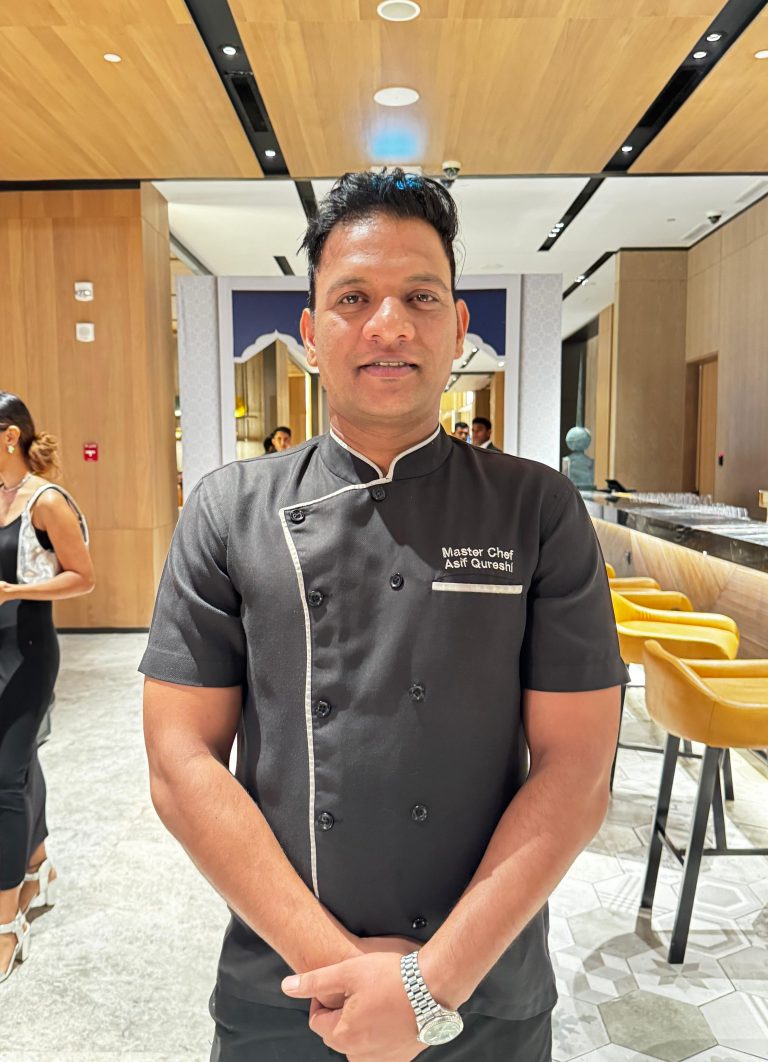Mind Adventures, an experimental theatre company based in Colombo, has been known for breaking local drama convention, especially since Paraya. Around December 2014, they will collaborate with British theatre company Look Left Look Right to bring you more interactive in-your-face theatre – and this time they’ll do it on a bus ride.
We were invited for a scratch of the actual show – it took place at the British Council on a Friday evening. We gathered upstairs just outside the library, waiting for the show to start.
A girl walked in among us, unnoticed, yelling on her phone about a bus that was late. In a few minutes she pulled out a megaphone and promptly directed us to follow her to our bus ride (which we hadn’t a clue about at the time).That’s the thing about Mind Adventures’ promenade theatre style – you never know who among you is an actor and who isn’t, because the line between the actors and the audience is blurred. And all the world literally becomes a stage.
We followed her to British Council’s exit gate, where a young bus conductor (an actor) awaited us in front of a big red Ashok Leyland bus. He greeted us in comical fashion and asked us to get on board. Where was this going? We excitedly boarded and I thought it was just for show and we wouldn’t really move – but we did. We were seated and given little hand-fans, and tickets that said Route 110: a bus route that doesn’t exist in Colombo.
The bus conductor was chatty and made us laugh, and later on in the performance (which took place entirely on the bus!) his role changed from conductor to waiter to market hawker, much like the shape-shifting sutradhar or jester of modern experimental Indian plays. The bus went round the neighborhood – and might have even gone further – I’m not sure, because of the rain and disorienting bus and traffic lights.
One by one, the characters of the play emerged. One from the seat in front of me, the other from the back seat, a few even stepped into the bus at bus-stops. The bus would hit the brakes every time they spoke, and started up again when they were done (the bus lights flickered as it did, an unintentional prompt for a scene change). The characters loved, they fretted, they laughed – and the bus was instantly transformed into a restaurant, or a market place, with just a change of music or a prop. The characters – who were just mothers, colleagues, lovers – were inches away from each of us, some of them spoke to us about their problems, and asked us questions. They were real.
There was no resolution at the end of the bus ride, neither did we know what would happen next (a lot like real life itself) – we all just got off the bus. I don’t remember ever paying this much attention to a theatrical performance before – with the bus music, the traffic noise, the lights outside, and the fact that somebody in a moving bus was telling us a story, we couldn’t help but strain to listen to every word.
Tracy Holsinger, one of the directors of this soon-to-be production, explained this style of theatre as an attempt to make people recognize that drama is reality, a sentiment shared by many modern playwrights like Genet and Artaud. Instead of sitting in a cushy seat at Lionel Wendt, separated from the actors on a stage in front of you, this theatre pushes you into the script, or maybe pushes the script into your own life – and suddenly, the issues in the performance, become personal and more meaningful. This is one bus ride we’re excited to take at the end of this year.














